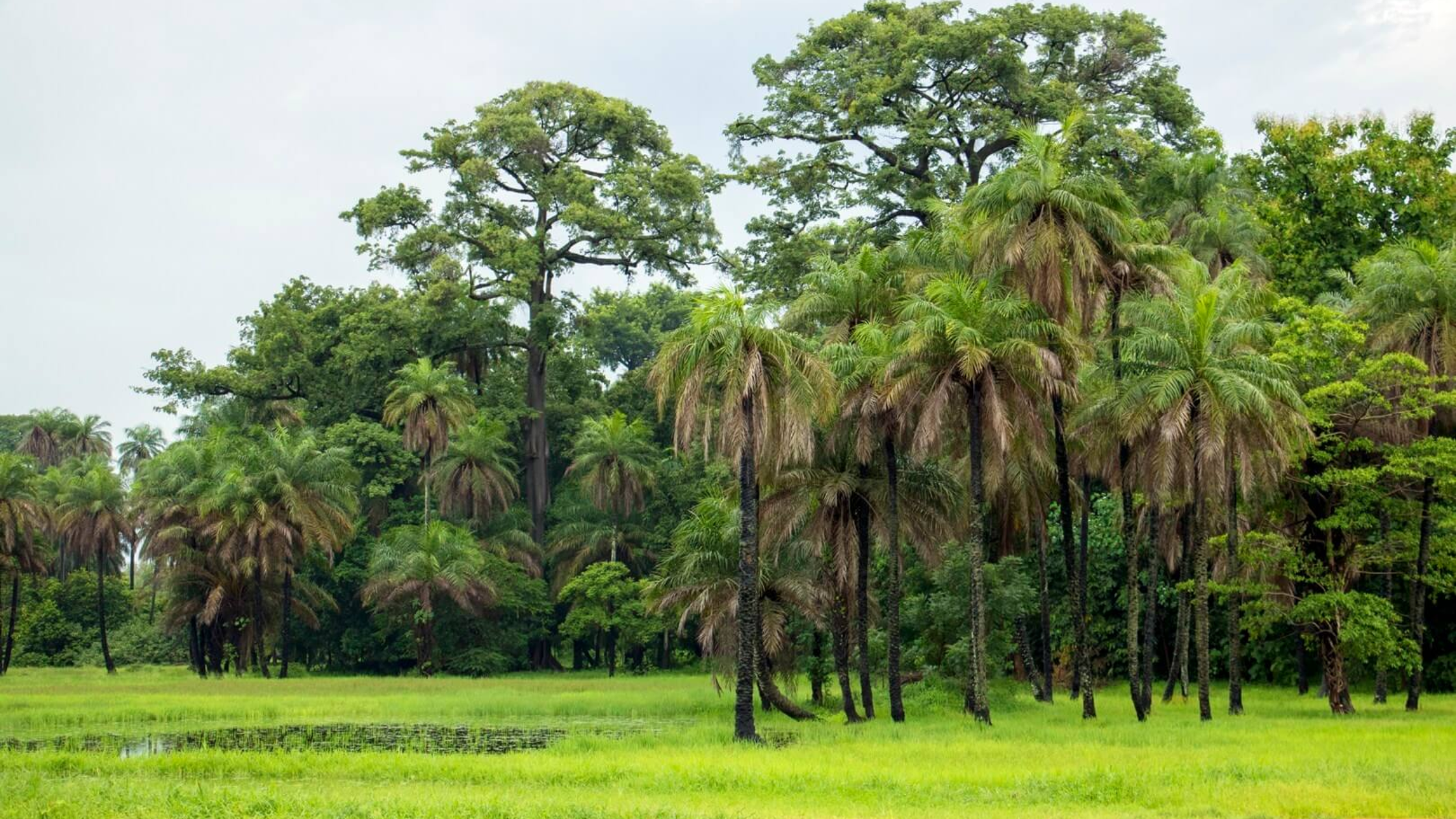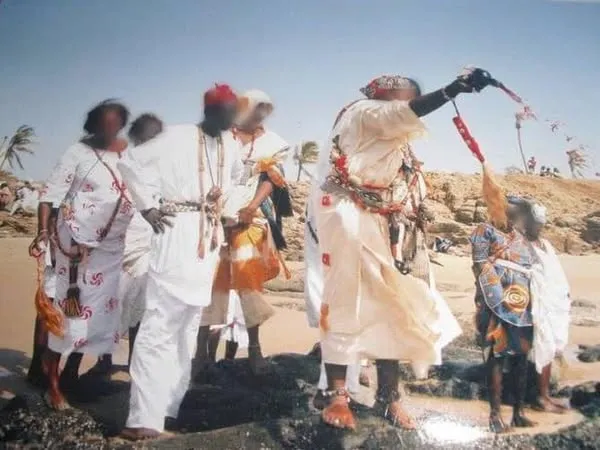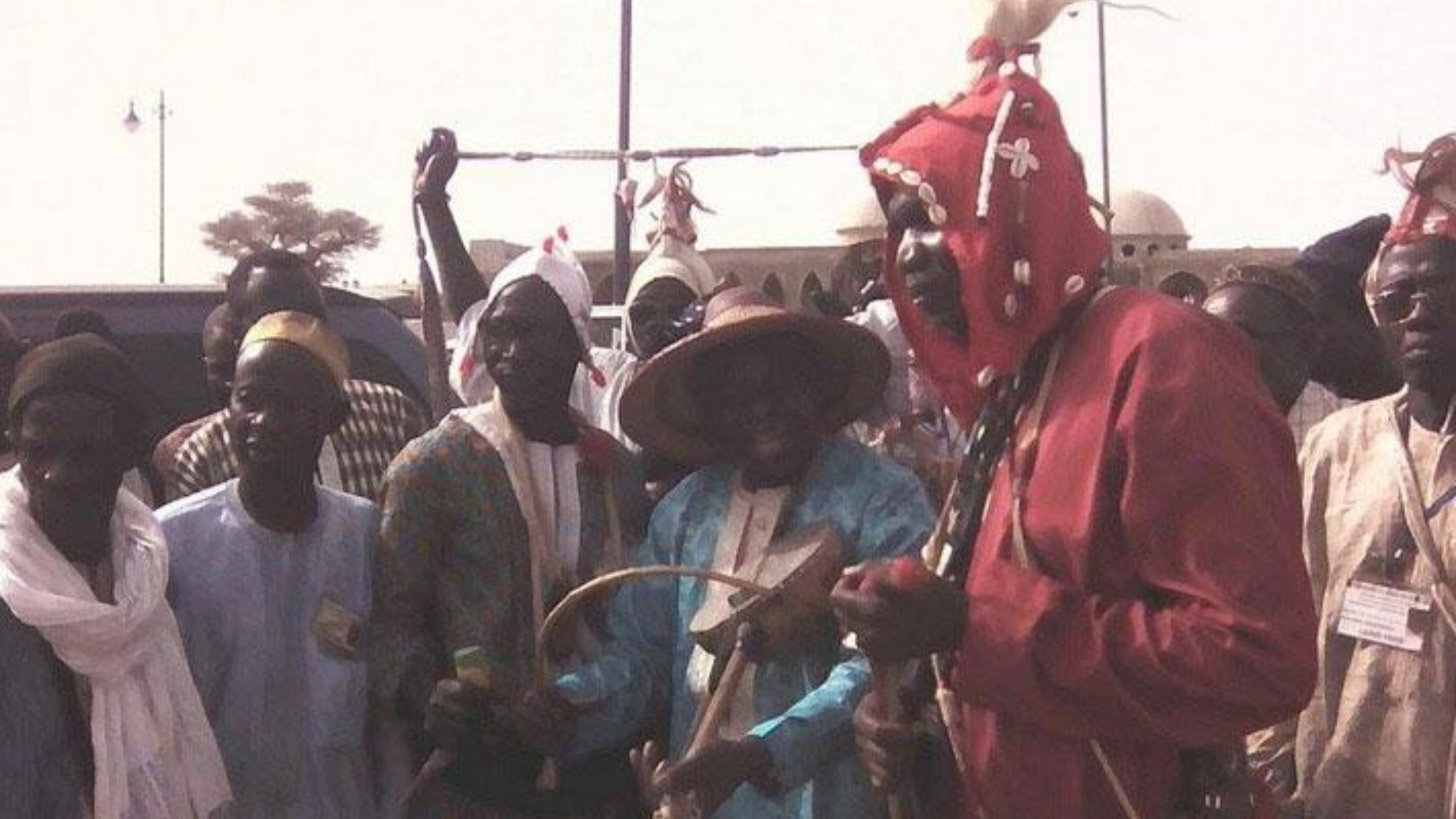Nestled in the southern part of Senegal, Casamance is a region that boasts an array of contrasting landscapes and a rich tapestry of cultures. This hidden gem, with its lush greenery and vibrant communities, stands as a testament to the diverse beauty of West Africa. As we embark on this journey, we’ll uncover the many facets of Casamance, from its tranquil rivers to its lively festivals.
Casamance’s history is as colorful as its landscapes. Once a focal point of colonial ambitions, it has evolved into a symbol of peace and cultural coexistence. The region’s unique identity is shaped by its geographical isolation from the rest of Senegal, creating a distinct cultural and natural environment. This separation has fostered a sense of pride and independence among the local communities, which is palpable to every visitor.
The region’s charm lies not just in its scenic beauty but also in the warmth of its people. Here, hospitality is not just a courtesy; it’s a way of life. As you travel through Casamance, every village and town offers a chance to connect with locals, each with their own story about this enchanting land.
Natural Beauty and Landscapes
Casamance is a paradise for nature lovers. The region is crisscrossed by the meandering Casamance River, creating stunning wetlands and lush forests. These fertile lands are home to a diverse range of flora and fauna, making it a perfect spot for ecological exploration and photography.

The river itself is a lifeline for many communities, supporting local agriculture and fishing. Along its banks, you can witness the harmonious blend of nature and human activity. From traditional fishing boats dotting the river to vibrant birdlife in the mangroves, the river is a constant source of sustenance and beauty.
Beyond the river, the landscape transforms into tropical forests and savannas, offering a different kind of allure. These areas are home to a variety of wildlife, including rare bird species, making it an ideal destination for birdwatchers and nature enthusiasts.
Cultural Heritage
Casamance is a mosaic of cultures, each contributing to the region’s vibrancy. The Diola, Mandinka, and Fula peoples are the main ethnic groups, each with their own unique traditions, languages, and customs. This cultural diversity is celebrated through various festivals and ceremonies, showcasing traditional dances, music, and art.
Music and dance are integral to the social fabric of Casamance. The Kumpo, a traditional Diola dance, is a sight to behold. Dancers don elaborate costumes and masks, performing to the rhythm of local drums, symbolizing the connection between the community and its ancestral spirits. These performances are not just entertainment; they are a living history of the people of Casamance.
The region is also known for its craftsmanship. From intricate wood carvings to vibrant textiles, the artistry of Casamance reflects the skill and creativity of its people. Visiting local markets and workshops offers a glimpse into these traditional crafts and an opportunity to take a piece of Casamance’s culture back home.
Historical Sites
Casamance’s history is rich and complex, with its fair share of turbulence and triumph. Colonial influences have left their mark on the architecture and layout of many towns. Buildings dating back to the Portuguese and French colonial eras provide a window into the past, revealing the region’s historical significance.

Among these historical sites, the fortresses and trading posts along the river are particularly noteworthy. They tell stories of a time when Casamance was a hub for commerce and cultural exchange. These structures, though weathered by time, stand as monuments to the region’s resilience and strategic importance.
Visiting these historical landmarks offers a deeper understanding of Casamance’s past. Local guides, well-versed in the region’s history, provide insightful tours, bringing to life the tales of bravery, struggle, and transformation that have shaped Casamance.
Wildlife and Nature Reserves
The Basse Casamance National Park is a highlight for wildlife enthusiasts. This protected area is a sanctuary for a variety of species, offering a chance to see West African wildlife in its natural habitat. The park’s diverse ecosystems range from dense forests to wetlands, each supporting different species.

Guided tours of the park allow visitors to safely explore and learn about the region’s natural heritage. These tours are not just about wildlife spotting; they’re an educational experience, shedding light on the importance of conservation and the delicate balance of ecosystems.
The park is also a haven for birdwatchers. With hundreds of bird species, some of which are endemic to the region, it’s a spectacular site for observing West Africa’s avian diversity. The chorus of bird calls at dawn and dusk is an unforgettable experience for nature lovers.
Culinary Delights
Casamance’s cuisine is a delightful fusion of African and Portuguese flavors, reflecting the region’s history and cultural diversity. Seafood is a staple here, with dishes like Thieboudienne (Senegalese fish and rice) offering a taste of local culinary traditions.

Local markets are a feast for the senses, brimming with fresh produce, spices, and seafood. Here, you can sample street foods and traditional snacks, providing an authentic taste of Casamance. Cooking classes and food tours are also available, offering a hands-on experience in preparing local dishes.
The region’s agriculture plays a significant role in its cuisine. Rice paddies and fruit orchards dot the landscape, supplying the ingredients for many local dishes. This connection between land and table is a vital part of Casamance’s culinary identity, showcasing the region’s natural bounty.
Art and Craftsmanship
Casamance is a hub for traditional arts and crafts. The region’s artisans are renowned for their skill in weaving, pottery, and woodcarving. These crafts are not just a means of livelihood but also a way to preserve and celebrate the region’s cultural heritage.

Visiting local markets and artisan workshops is a journey into the heart of Casamance’s creativity. Here, you can witness artisans at work, transforming raw materials into beautiful, intricate works of art. Each piece tells a story, whether it’s a handwoven basket or a carved wooden mask.
For tourists, these crafts make for meaningful souvenirs, each embodying the spirit and skill of the people who made them. Purchasing these items not only supports the local economy but also helps keep traditional crafts alive.
Accommodation and Travel Tips
Casamance offers a variety of accommodation options to suit every preference and budget. From luxurious resorts to cozy guesthouses, each provides a unique way to experience the region’s hospitality. Many accommodations are strategically located to offer stunning views of the natural scenery, enhancing the overall experience.

The best time to visit Casamance is between November and May, when the weather is dry and pleasant. This period is ideal for exploring the outdoors, whether it’s hiking in the forests or lounging on the beaches.When traveling in Casamance, it’s important to respect local customs and traditions. This not only enriches your experience but also fosters a sense of mutual respect and understanding. Engaging with the community and learning about their way of life adds depth to your journey.
Connecting with the Community
Community tourism is a growing trend in Casamance, offering visitors an opportunity to immerse themselves in local life. Participating in community-led tours and activities allows for a deeper connection with the people and their culture. These experiences are not just about sightseeing; they’re about building bridges and understanding.

Many community initiatives focus on sustainable tourism, ensuring that the benefits of tourism are shared with local communities. By choosing to participate in these initiatives, visitors contribute to the local economy and support the preservation of the region’s natural and cultural heritage.
Engaging with the community is also a chance to learn from the locals. Whether it’s understanding their agricultural practices or participating in a traditional ceremony, these interactions provide invaluable insights into the daily life and heritage of Casamance.
Conclusion
Our journey through Casamance reveals a region rich in natural beauty, cultural diversity, and historical significance. From its serene landscapes to its vibrant communities, Casamance offers an experience that is both enriching and unforgettable. It’s a destination that beckons with the promise of adventure, relaxation, and cultural exploration.
As you plan your trip to this enchanting region, consider SENEGAL SHUTTLE for your transportation needs. SENEGAL SHUTTLE provides reliable, comfortable, and convenient travel options to help you navigate the wonders of Casamance with ease. Whether you’re exploring the historic sites, venturing into the national parks, or simply relaxing on the beaches, SENEGAL SHUTTLE is your partner in discovering the treasures of Casamance.












Leave a Comment